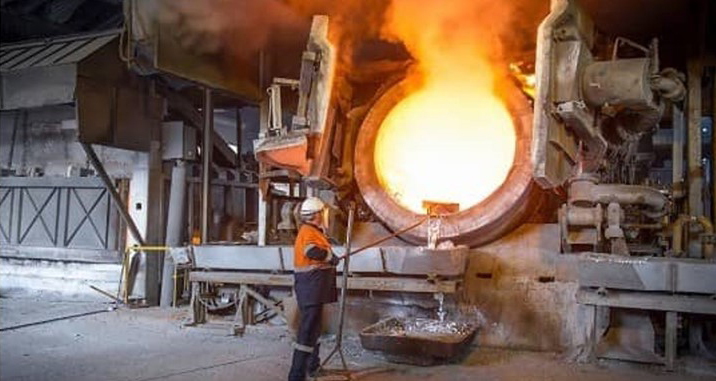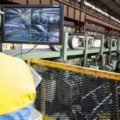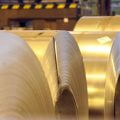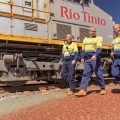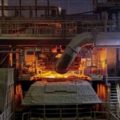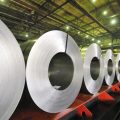UK Steel’s report calls for the UK to be a country where Net-Zero steelmaking can take place in order to meet the Government’s targets. This requires creating a positive policy environment for job creation everywhere.
The UK government has been pushing for a 95% reduction in emissions from steelmaking by 2050, while the Committee on Climate Change recommends that emissions from mineral-based steelmaking should be close to zero by 2035.
Net zero new steel production will increase electricity use, but industrial electricity prices are a key barrier, with UK steelmakers currently paying almost 60% more than their European counterparts. According to market forecasts, UK steel demand is expected to grow by 2030, which would present opportunities to reindustrialize and create green jobs.
Any route to Net Zero steelmaking must include the creation of a market for steel that is building out of limbo to ensure that imported, high-emission steel does not undermine domestic investment. Globally, no steel sector has yet decarbonized: the UK can gain tremendous first mover advantage.
“This landmark report on the steel sector, produced in collaboration with our partners in government and the unions, demonstrates the magnitude of the opportunity to be seized. Achieving net zero in this strategic sector is a generational challenge that will require forward-looking government support and a positive regulatory environment to achieve. As we look towards a change in government, it is essential that the current approach in our sector is not abandoned. There is a pioneering opportunity for the UK to be the first steel sector to be Net Zero compliant. If we achieve this, we will transform nearly 35,000 steel jobs into green jobs. These roles already sustain steelmaking communities for a century. By moving them into green jobs, we secure the future of these local economies and support well-paying jobs in areas that have historically suffered from a lack of investment. We can ensure that Teesside, Scunthorpe and South Wales can lead the world in Net Zero steelmaking,” they add.
The UK Government should work to establish a market for Net Zero steel, supporting emerging products and ensuring that UK steelmakers can compete in the short and long term. Finally, there is a tough choice about carbon leakage. Some argue that to reduce emissions, simply import steel. Such a choice would be devastating to steel communities and would do nothing to reduce global carbon emissions. We cannot reduce our emissions and expect others to do the decarbonization. We must have a thriving, decarbonized and domestic steel sector. The future of the UK steel industry depends on the progress made.

